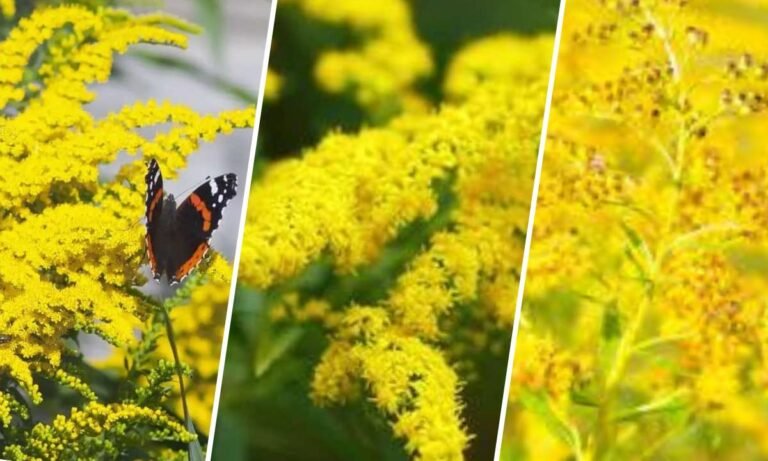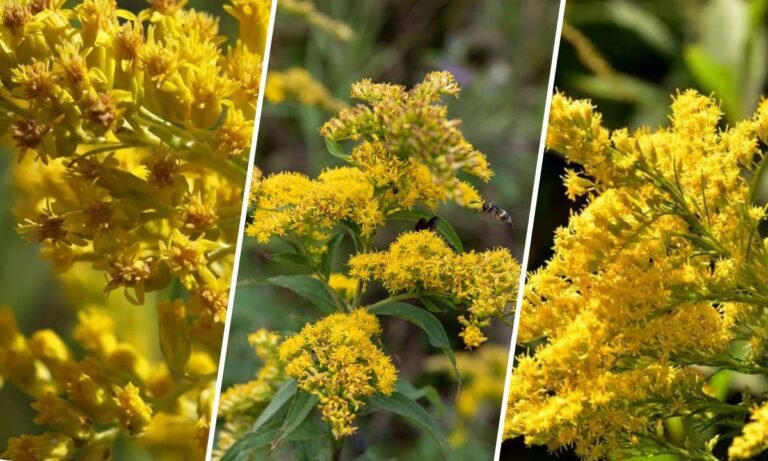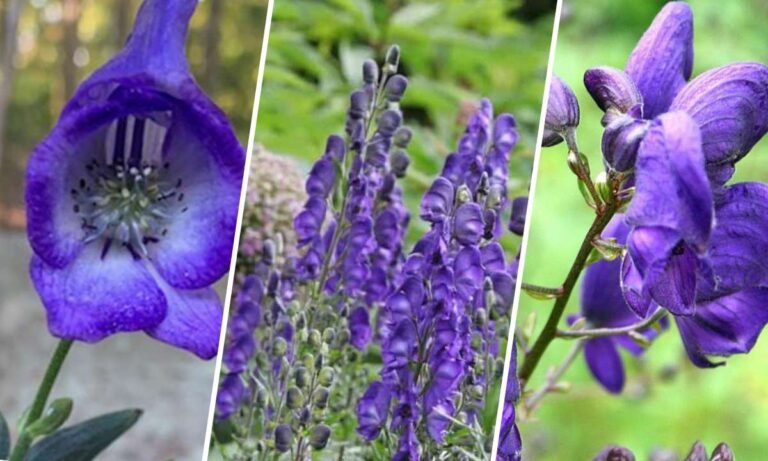Introduction to Alstroemeria
Alstroemeria, also known as the Peruvian Lily or Lily of the Incas, originates from South America. Its vibrant colors and intricate patterns have made it a favorite among florists and gardeners alike, carrying deep symbolic meanings. In this guide, we’ll delve into what alstroemeria flowers symbolize, their origins, symbolism, varieties, cultural significance, and tips for care.
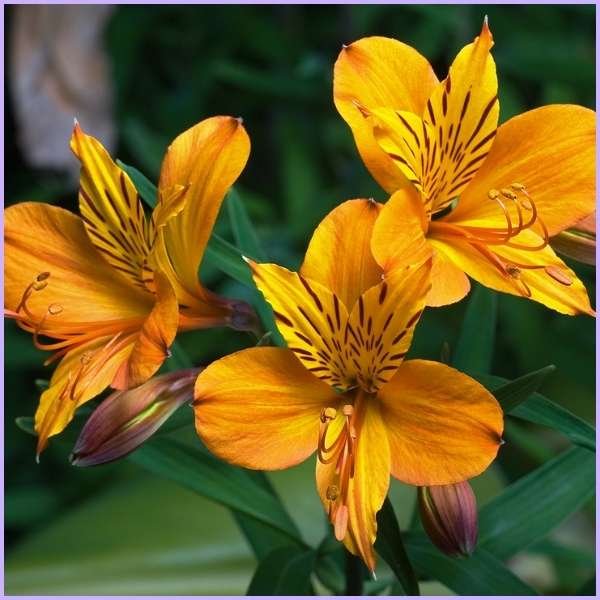
Origins and History of Alstroemeria
Roots in South America
Alstroemeria was first discovered in 18th-century South America. Named after the Swedish botanist Baron Clas Alstroemer, who brought its seeds to Europe, this flower thrived in its new environment and quickly gained popularity for its beauty and versatility.
Symbolism in Native Cultures
In its native regions, alstroemeria symbolized friendship and mutual support. Indigenous peoples of the Andes believed it represented strong bonds between friends, offering protection and loyalty.
Symbolism and Meanings
Friendship and Devotion
One of the most recognized meanings of the alstroemeria flower is friendship. Its six petals are said to symbolize understanding, humor, patience, empathy, commitment, and respect—essential aspects of true friendship.
Prosperity and Good Fortune
In many cultures, alstroemeria is a symbol of prosperity and good fortune. Its vibrant colors are believed to attract positive energy and luck, making it a popular choice for gifts and decorations during celebrations.
Endurance and Strength
Alstroemeria’s ability to thrive in various environments symbolizes endurance and strength. It represents resilience in overcoming challenges and adapting to change.
Varieties and Colors
Meanings of Colors
Alstroemeria blooms in a wide array of colors, each carrying its own symbolism:
- Red: Passion and love
- Pink: Romance and femininity
- Orange: Joy and happiness
- Yellow: Friendship and new beginnings
- Purple: Elegance and royalty
- White: Purity and spirituality
Popular Varieties
There are several notable varieties of alstroemeria:
- Alstroemeria aurea: Known for its golden-yellow flowers
- Alstroemeria psittacina: Often called the Parrot Lily due to its red and green petals
- Alstroemeria ligtu: Recognizable by its soft-colored blooms

Cultural Significance
In Floristry
Alstroemeria is a staple in floral arrangements because of its long vase life and vibrant colors. It’s commonly used in bouquets to convey friendship, support, and good wishes.
In Festivals and Celebrations
In South America, alstroemeria is prominently featured in festivals and celebrations. Its association with prosperity and good fortune makes it a favored choice for decorating homes and public spaces during holidays.
Growing and Caring for Alstroemeria
Planting Tips
To grow alstroemeria successfully, choose a location with well-drained soil and plenty of sunlight. While it thrives in temperate climates, it can also be grown in containers in cooler regions.
Watering and Feeding
Regular watering, especially during the growing season, is essential. Keep the soil moist but not waterlogged. Feeding the plants with a balanced fertilizer every few weeks promotes healthy growth and vibrant blooms.
Pruning and Maintenance
To encourage continuous blooming, deadheads spent flowers regularly. This not only keeps the plant tidy but also redirects energy towards producing new flowers.
Pest and Disease Control
While alstroemeria is generally resistant to pests and diseases, monitor for common garden issues like aphids and spider mites. Natural pest control methods and good garden hygiene can prevent these problems.
Alstroemeria in Modern Symbolism
Gift-Giving
Today, alstroemeria is a popular gift choice to symbolize friendship and mutual support. It’s often given on birthdays, anniversaries, and other special occasions to convey heartfelt sentiments.
Decorative
Beyond its symbolic meanings, alstroemeria is valued for its aesthetic appeal. It’s frequently used in home décor, weddings, and corporate events to add elegance and vibrancy.
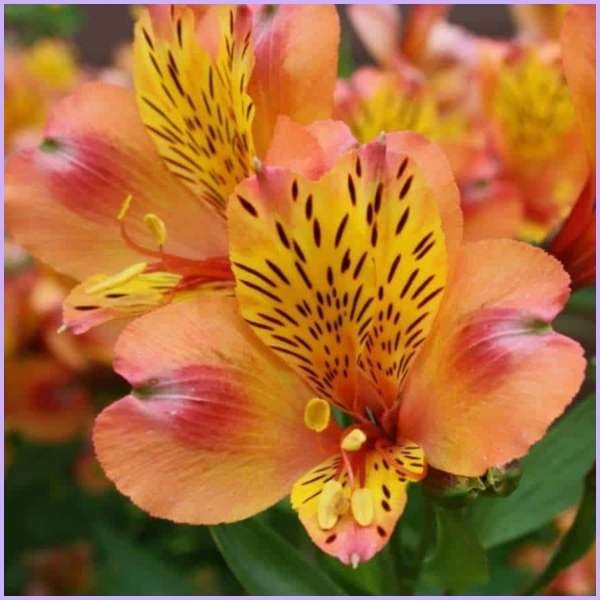
Conclusion
Alstroemeria is a flower steeped in meaning and history. From its origins in South America to its role in modern floristry and decoration, it continues to enchant with its associations of friendship, prosperity, and endurance. Its beauty and significance make it a cherished selection for various meaningful occasions.

